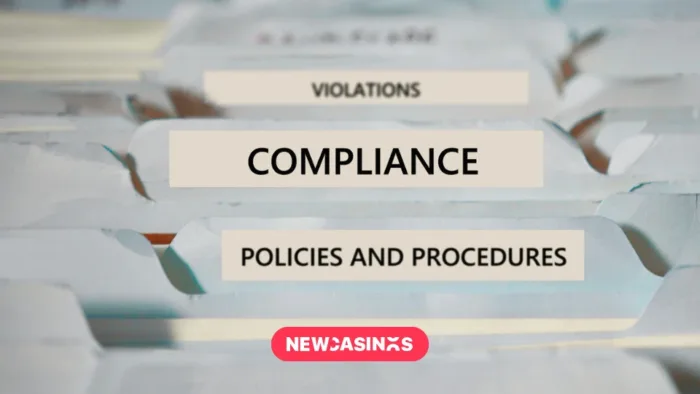The consultation focused on three major areas:
- The structure of application fees.
- The length of licence terms.
- Additional conditions tied to licences.
The GRAI’s goal is to create a system that balances fairness with consumer protection and harm reduction, aiming to address public concerns while ensuring the industry remains viable.
A significant portion of feedback came from industry stakeholders, with 27 formal submissions received, including input from operators, consultants, and trade associations, as well as public entities, non-profits, and private individuals. The consultation revealed notable concerns, particularly around the idea of turnover-based fees for operators.
The Case for Tiered Licence Fees
The most debated issue in the consultation was the proposed turnover-based model for calculating fees. Many respondents argued that this model could impose high costs, especially on smaller operators, due to its reliance on turnover as the basis for application fees. Some raised questions about the very definition of “turnover,” which can be complex in the gambling industry. Others recommended a tiered fee structure based on Gross Gambling Yield (GGY), a metric already used in many European countries.
Industry representatives argued that such a model would be more reflective of the financial realities faced by different types of gambling businesses. Additionally, some suggested prorated fees or reduced fees for small-scale operators to help level the playing field.
Support for Longer Licence Terms
Another area where respondents showed a clear preference was the duration of gambling licences. While the initial proposal suggested a three-year licence term, many stakeholders advocated for extending this to five years or longer. Countries like France, Germany, and Greece offer licence durations of five to ten years, which has proven successful.
There were also calls for performance-based models, where well-established and compliant operators could qualify for longer licences. This approach could reduce administrative workload while rewarding companies for maintaining high standards.
The GRAI is considering these insights as it moves forward with refining its regulatory framework. Moving forward, the GRAI plans to engage more closely with stakeholders, ensuring that the regulatory framework supports both industry needs and public interests and responsibilities.
With Ireland and the GRAI tightening its licencing and consumer protection, casinos are strengthening their responsible gambling policies. This includes implementing clearer self-exclusion tools, deposit limits, and real-time activity monitoring to help players stay in control.
Discover the Latest Casino News



Alex is an expert in the field who writes on various subjects relating to online gaming, and he has been doing so for the last 9 years. Alex makes sure that readers have access to thorough and informative news coverage, addressing topics from the most recent developments to the latest trends in the casino industry.
Fact-Checked by Dhalia Borg, Head of Content
2 minread




